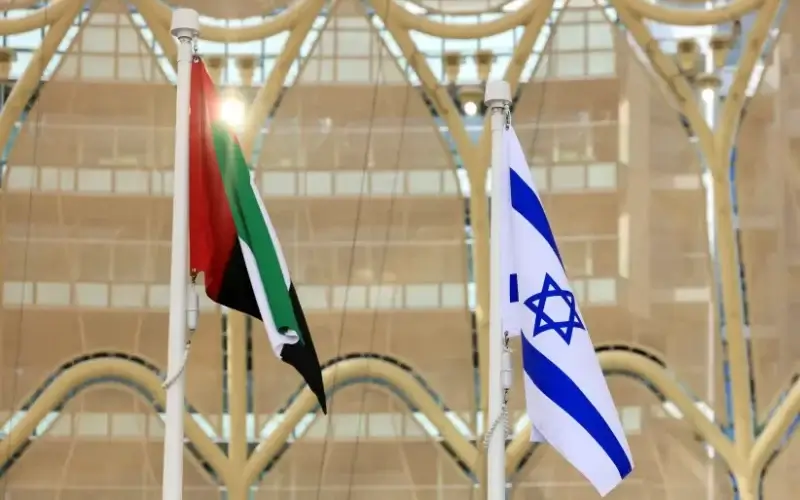Israeli radars will be deployed in the United Arab Emirates in order to detect Iranian missiles and drones, N12 reported Tuesday, citing foreign reports.
According to these reports, Israeli radars, possibly along with other aircraft detection systems, will be part of the regional defense network Israel is attempting to establish with the US and its Gulf allies against Iran.
Israel has already been holding talks with its regional allies of the UAE, Bahrain, Morocco and Egypt regarding a mutual alliance. This was first seen at the historic Negev Summit in Sde Boker and again with the foreign ministers of each country, referred to as the Negev Summit Steering Committee, meeting again in the Bahraini capital of Manama.
Israeli has also allegedly been holding secret talks with military officials from non-allied Arab nations of Saudi Arabia and Qatar regarding regional threats posed by Iran, according to foreign reports.









